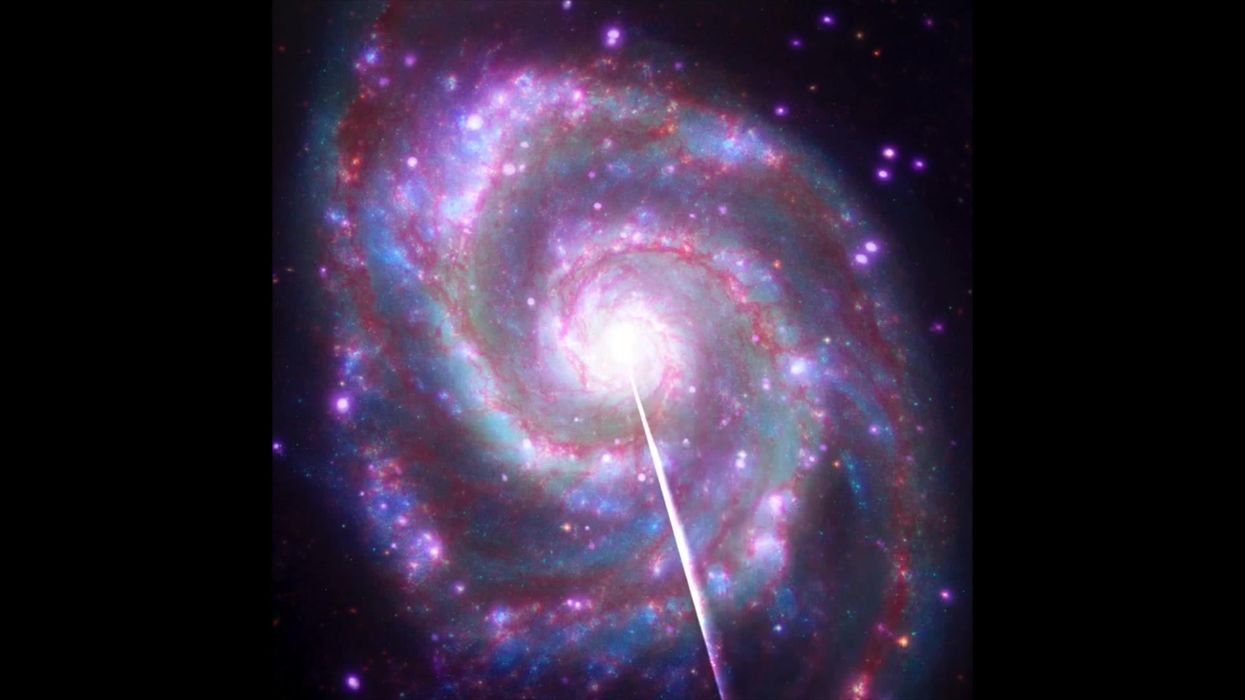Science & Tech
Ellie Abraham
Feb 23, 2023
Nasa's ethereal soundscapes reveal what galaxies and black holes 'sound like'
content.jwplatform.com
Scientists have been left baffled after discovering ancient galaxies that they say should not exist.
There are some developments in science that have the ability to dramatically change everything we thought we knew, and the discovery of the six galaxies has done just that.
Six primordial galaxies have been discovered in the early universe and their masses have shocked scientists.
They existed between 500 to 700 million years after the Big Bang, but their masses are 100 billion times that of the Sun, making them as big as the Milky Way.
The six galaxies were discovered thanks to images captured by the James Webb Space Telescope (JWST). It is the most powerful observatory launched into space and is a collaboration between NASA, the European Space Agency and the Canadian Space Agency.
According to a study published in the scientific journal Nature, the discovery means our understanding of the universe, known as the ΛCDM model, may well be “incomplete”.
Sign up to our new free Indy100 weekly newsletter
One lead researcher, Ivo Labbé, an astronomer at the Swinburne University of Technology in Australia told Motherboard: "I think I spat out my coffee. Most of my colleagues were online all across the globe, glued to the screen, poring over the first images. I think I may have heard a jaw drop here and there.”
He continued, explaining: “These objects are really extraordinary One seems to have formed 100 billion solar masses in stars, similar to our present-day Milky Way, in only 5 per cent of the time.
“This was most certainly not expected. We had expected to find 0. In addition, the shapes of these galaxies are really weird. Even though one has the same amount of mass as the Milky Way, it is 30 times smaller.
“Imagine the Milky Way as an average 160-pound 5’9” adult: these galaxies are 1-year-olds, that weigh just as much and stand just under 3” inches tall. It's truly bizarre.”
Have your say in our news democracy. Click the upvote icon at the top of the page to help raise this article through the indy100 rankings.
Top 100
The Conversation (0)
Sort by














